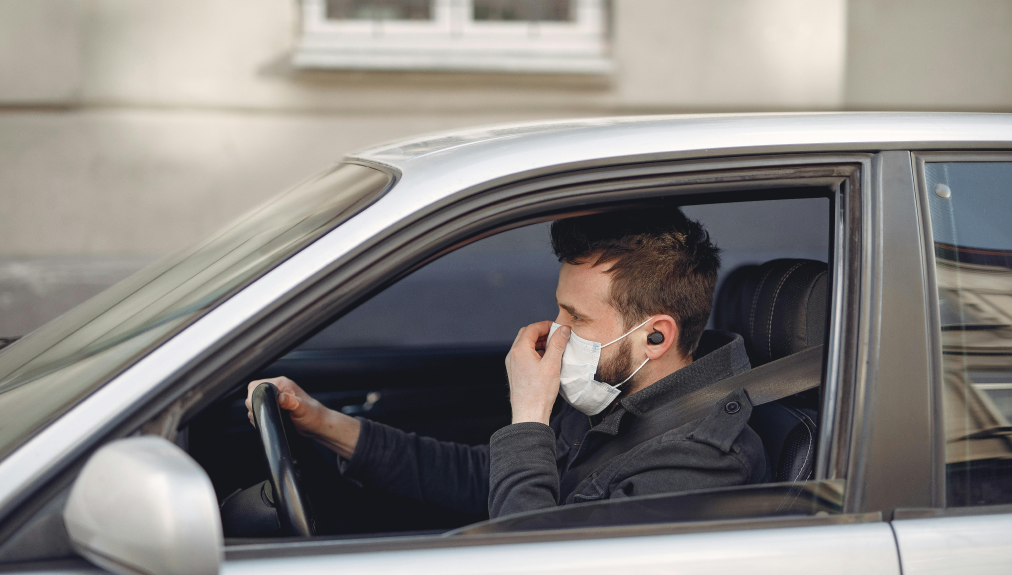


In the evolving landscape of urban and intercity travel, passenger safety in Jammu & Kashmir’s ride-sharing sector has become a top priority. As residents and tourists increasingly turn to ride-sharing for convenience, the need to ensure a secure and trustworthy experience has never been more vital. Our blog, "Safety First: Enhancing Passenger Security in Jammu & Kashmir," explores the safety frameworks being adopted across platforms to build rider confidence and foster long-term trust.
Safety begins with who’s behind the wheel. In Jammu & Kashmir, ride-sharing services are adopting strict screening processes that include criminal background checks, license verification, and driver record assessments. Given the region’s unique socio-political climate, extra emphasis is placed on identity verification and police clearance certificates. Continuous driver monitoring and periodic re-evaluations help maintain high safety standards throughout the driver’s tenure.
Modern ride-sharing apps operating in the region—like Uber, Rapido,SafeMytrip, and local partners—offer key safety tools such as real-time GPS tracking, emergency SOS buttons, and ride-sharing with contacts. These features are crucial, especially when traveling through areas with unpredictable network coverage or unfamiliar roads, such as Gulmarg, Kupwara, or Doda. These tools help ensure riders always have a lifeline during their journey.
Transparent feedback is essential for improving passenger safety. Platforms encourage users in Jammu & Kashmir to rate drivers and provide detailed feedback after each ride. This two-way review system helps highlight outstanding service and flag concerning behavior. In a region where personalized service is valued, this accountability mechanism helps maintain mutual respect between drivers and riders.
Safety is a shared responsibility, and ride-sharing companies are increasingly rolling out user safety education. From explaining how to verify a driver’s identity to offering safety guidelines for solo travelers, riders are encouraged to remain alert and informed. Localized awareness efforts—often in both Hindi and Urdu—ensure even first-time users are well-equipped to travel confidently and responsibly.
To reassure both tourists and locals, many ride-sharing platforms offer built-in insurance that covers accidents and other ride-related incidents. This is especially important in hill areas or remote routes, where emergency services may take longer to arrive. Knowing that insurance protection is in place adds a critical layer of confidence and makes ride-sharing a safer option for everyday use.
Cutting-edge technologies are transforming how safety is managed. Innovations like facial recognition for driver authentication, AI-based route monitoring, and anomaly detection systems are being piloted by leading platforms. These systems can proactively identify unusual behavior or route changes, which is particularly useful in high-sensitivity zones of Jammu & Kashmir.
Trust is the bedrock of ride-sharing. By openly sharing their safety policies, publishing periodic safety reports, and responding swiftly to user concerns, platforms can build long-lasting credibility. In areas like Srinagar, Jammu, and Udhampur, where local sentiment and personal networks play a big role in service selection, transparency can directly influence adoption and loyalty.
Join us as we explore the importance of "Safety First: Enhancing Passenger Security in Jammu & Kashmir," and how platforms are adapting global safety standards to meet local needs. Whether you're a daily commuter in Jammu or a traveler discovering Kashmir's serene beauty, your safety on the road matters. Through technology, education, and transparent policies, the ride-sharing community is working together to ensure every trip is safe, secure, and stress-free.